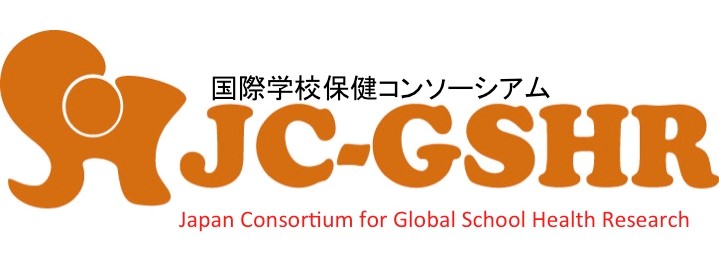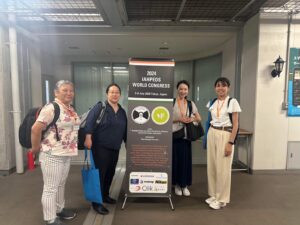Report on Food Security Survey in the Republic of Senegal
Reporting day: 2024/ 6 / 30/ (Year)(Month)(Day)
Reporter: Mami HITACHI
I am Mami HITACHI from the Department of Eco-Epidemiology at the Institute of Tropical Medicine, Nagasaki University.
I would like to report on the food security survey conducted in rural Senegal, West Africa, in January 2024.
This research was carried out in collaboration with the Laboratoire de Recherche en Nutrition et Alimentation Humaine (LARNAH) at the University of Dakar.
Food security is defined by the Food and Agriculture Organization of the United Nations (FAO) as a situation that "exists when all people, at all times, have physical, social and economic access to sufficient, safe and nutritious food that meets their dietary needs and food preferences for an active and healthy life."
The West African region, including Senegal, has been facing multiple challenges to food security due to recent climate change, the COVID-19 pandemic, and conflicts in other countries.
In African countries, it is challenging to strengthen household food security and build resilience against various shocks. However, even in environments where the majority struggle with food security, some households manage to maintain it despite similar circumstances. This research aims to focus on these "resilient individuals" and find the secrets behind their success.
The survey was conducted in four villages in the Diourbel region, approximately 100 km from the capital.
We targeted households with children aged 6-59 months. We visited about 230 households, investigating their living conditions, food security status, and children's nutritional state.
Our team consisted of one research assistant, two supervisors, and six data collectors.
Visiting each pre-selected household was challenging.
The data collection continued from early morning until late evening in the heat.
While I felt discouraged at times, the high motivation of team members enabled us to successfully complete the survey.
The time spent staying in the village, eating dinner together and mingling together is a treasure.
The data we collected is also an irreplaceable treasure. We have finished data analysis and are currently writing the paper to submit to an academic journal.
I am committed to ensuring that the findings will be of benefit to the Senegalese people and members of the research team who helped with the survey, as well as to many others.
投稿者プロフィール
最新の投稿
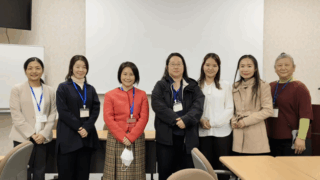 Activity Report2026-01-07Organized Session at the 36th Annual Conference of the Japan Association for International Development
Activity Report2026-01-07Organized Session at the 36th Annual Conference of the Japan Association for International Development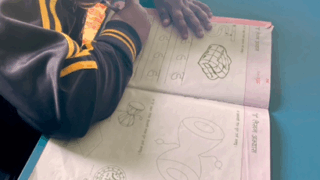 Activity Report2025-12-22Field Research Report on CSE and ECD in Nepal
Activity Report2025-12-22Field Research Report on CSE and ECD in Nepal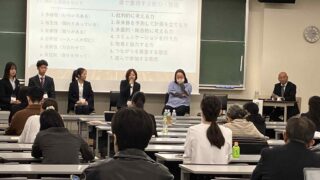 Activity Report2025-12-05The symposium “Planetary Health: From Schools to Communities.”
Activity Report2025-12-05The symposium “Planetary Health: From Schools to Communities.”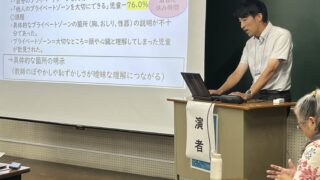 お知らせ2025-08-04Frontiers of Sexuality Education in Schools in Asia and Japan: Current Situation andChallenges in Dissemination of Comprehensive Sexuality Education and Safety Education for life
お知らせ2025-08-04Frontiers of Sexuality Education in Schools in Asia and Japan: Current Situation andChallenges in Dissemination of Comprehensive Sexuality Education and Safety Education for life
